Parasites are harmful single cell micro organisms. If the cat becomes a victim of a parasitic attack, it puts the cat into great misery. If you are a cat owner, you should be aware of the basic cat care. Some of the things you should know are as follows:
cat diet
Information regarding various diseases found in cats like information on the internal parasites found in cats
How to groom a cat and its exercise schedule
It is fun to see your cat growing. As you start understanding its body language, you will be able to understand if something goes wrong as far as the health of the cat is concerned.
Symptoms of Internal Parasites
It suffers from diarrhea
It will eat grass
Lack of energy
Weight loss
Skin blots with dry dandruff
Dull hair coat
Coughing and vomiting
Anemia
Dehydration
Types of Internal Parasites in Cats
Roundworms: Tapeworms are the intestinal parasites that are 3 to 5 inch long, which eat the cats intestine. The eggs of the tapeworm are excreted along with the cats feces. The cat becomes a victim, if it eats these eggs or the rodents who have ingested the eggs with larvae still existing in their tissue. The kittens are exposed to roundworms because they feed on the mothers milk, which is infected due to the presence of roundworms.
Hookworms: Hookworms are an inch long and are found in the cats intestine. The larvae penetrate through the skin, or they are ingested by the cat. They hook themselves in the intestine. The kittens are exposed to hookworms through infected mothers milk. Cleanliness and maintaining good hygiene is one of the ways to control hookworm infection.
Tapeworms: tapeworms in cats are long flattened worms that attack the cats intestine. They look like rice or sesame seeds. They do not lead to significant diseases in cats. Good medicines are available for eradication of tapeworms.
Whipworms: Whipworms are not commonly observed in cats. They also reside in the intestine but do not cause much harm.
Stomach Worms: The roaming cats become the victims of stomach worms as they eat vomit of the infected cat. Many a times, there are no noticeable signs for this infection. Preventing the cat from eating other cats throw up is the best you can do to control the infection.
Isospora sp./Coccidia: Coccidia are single cell internal parasites that cause coccidiosis to every cat in its lifetime. The cats are infected due to ingestion of cyst that is passed through feces. It is more problematic in kittens as it destroys the internal lining of the intestine and causes diarrhea with mucous contains.
If your cat is suffering due to the parasitic attack, it feels restless. Damage of its intestine can happen too. Grooming, immediate medication and cleaning up the pets droppings will contribute a lot to maintain a playful and a healthy cat.

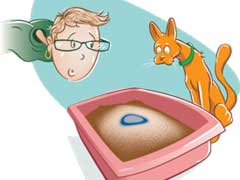 Top 5 Cat Urinary Tract Infection Home Remedies
Cat ur
Top 5 Cat Urinary Tract Infection Home Remedies
Cat ur
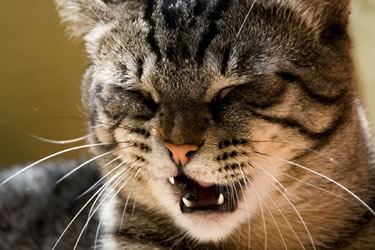 Sneezing and Nasal Discharge in Cats
Sneezing and Nasal Discharge in Cats
Sneezing and Nasal Discharge in Cats
Sneezing and Nasal Discharge in Cats
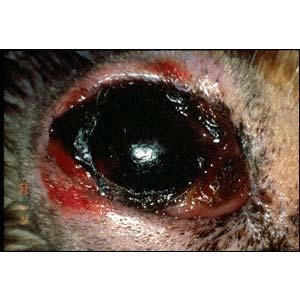 Ocular (Eye) Pain and Squinting in Cats
Ocular (Eye) Pain and Squinting in Cats
Ocular (Eye) Pain and Squinting in Cats
Ocular (Eye) Pain and Squinting in Cats
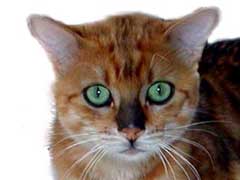 Feline Diabetes Diet – What Foods To Consider?
While
Feline Diabetes Diet – What Foods To Consider?
While
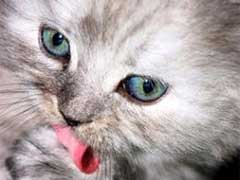 Cat Throwing Up – What Can I Do To Help?
Simple
Cat Throwing Up – What Can I Do To Help?
Simple